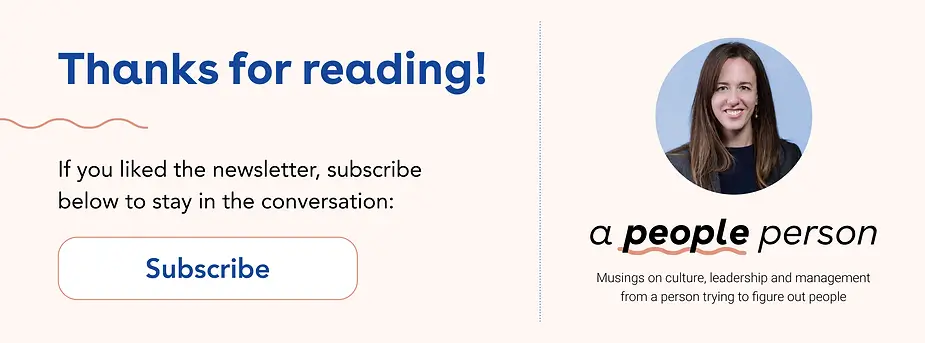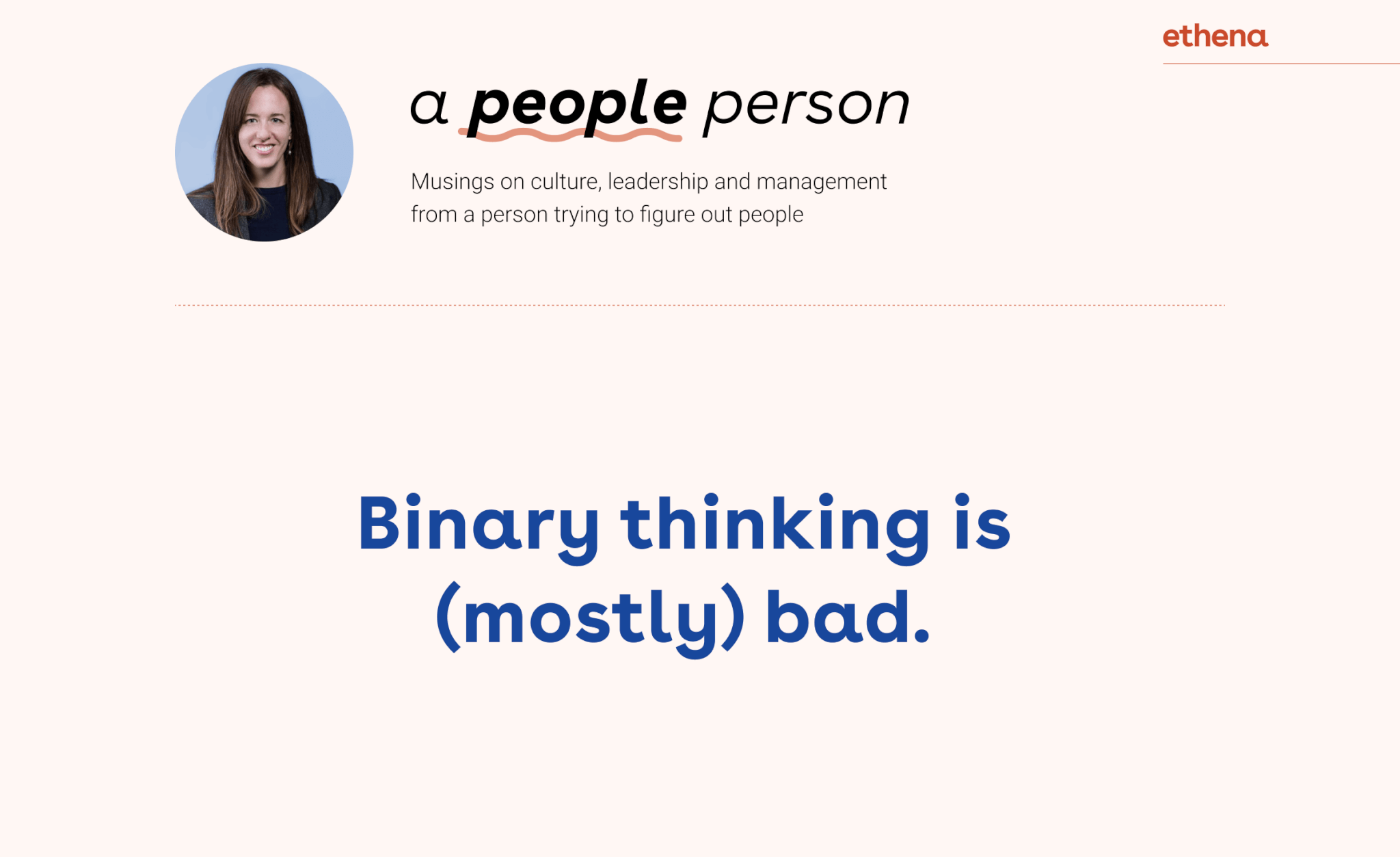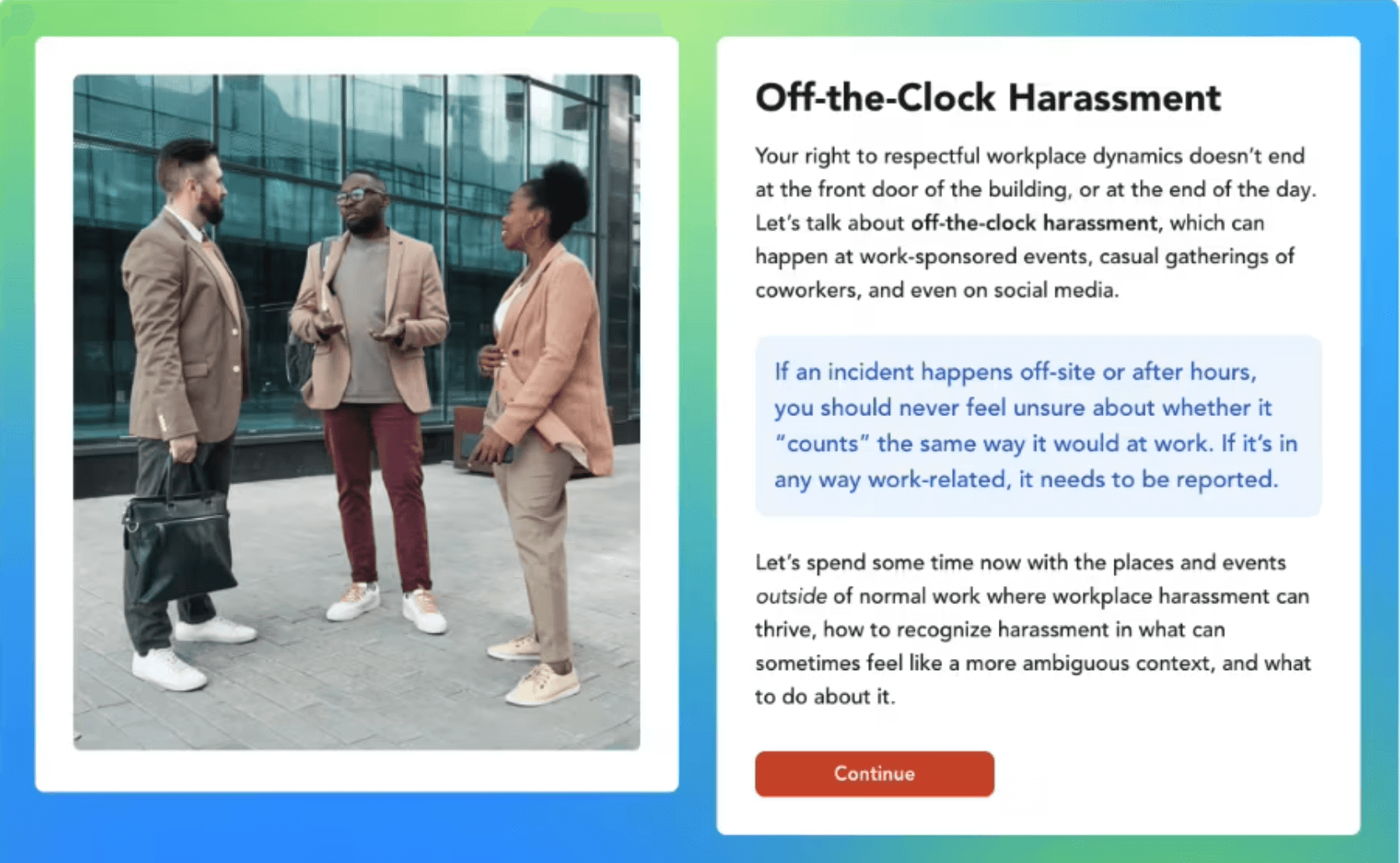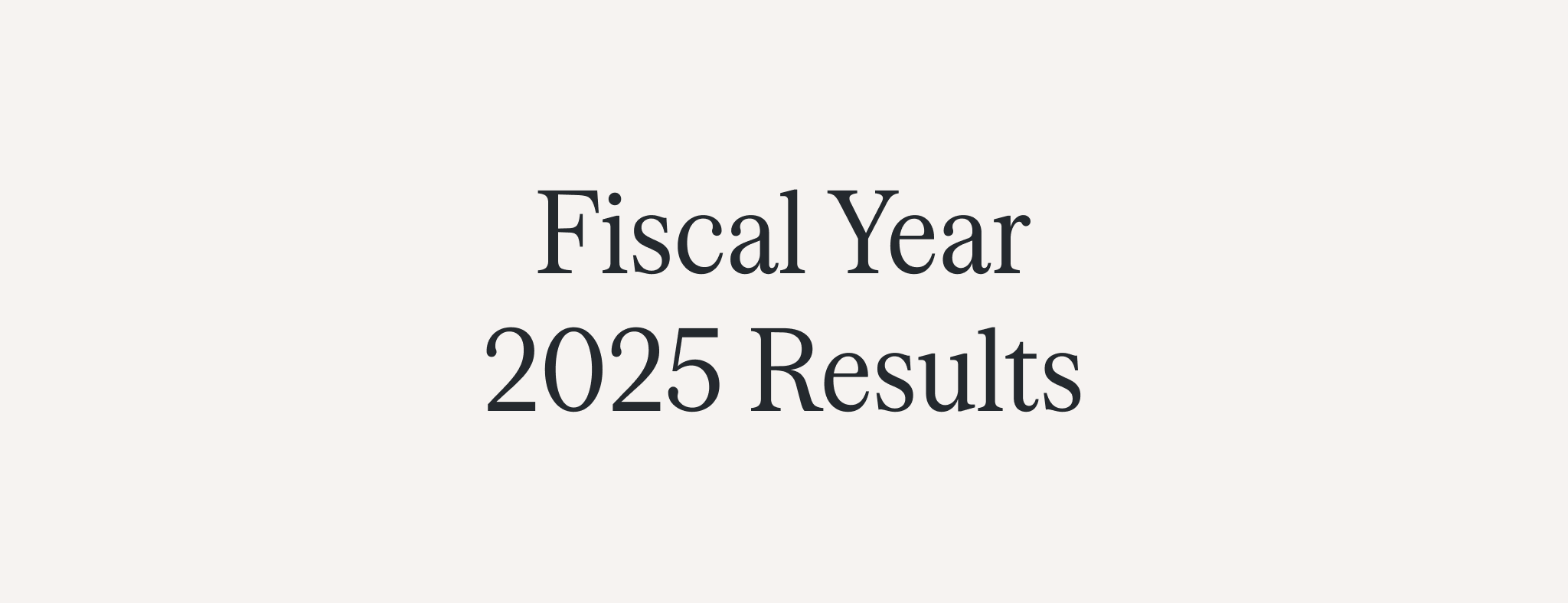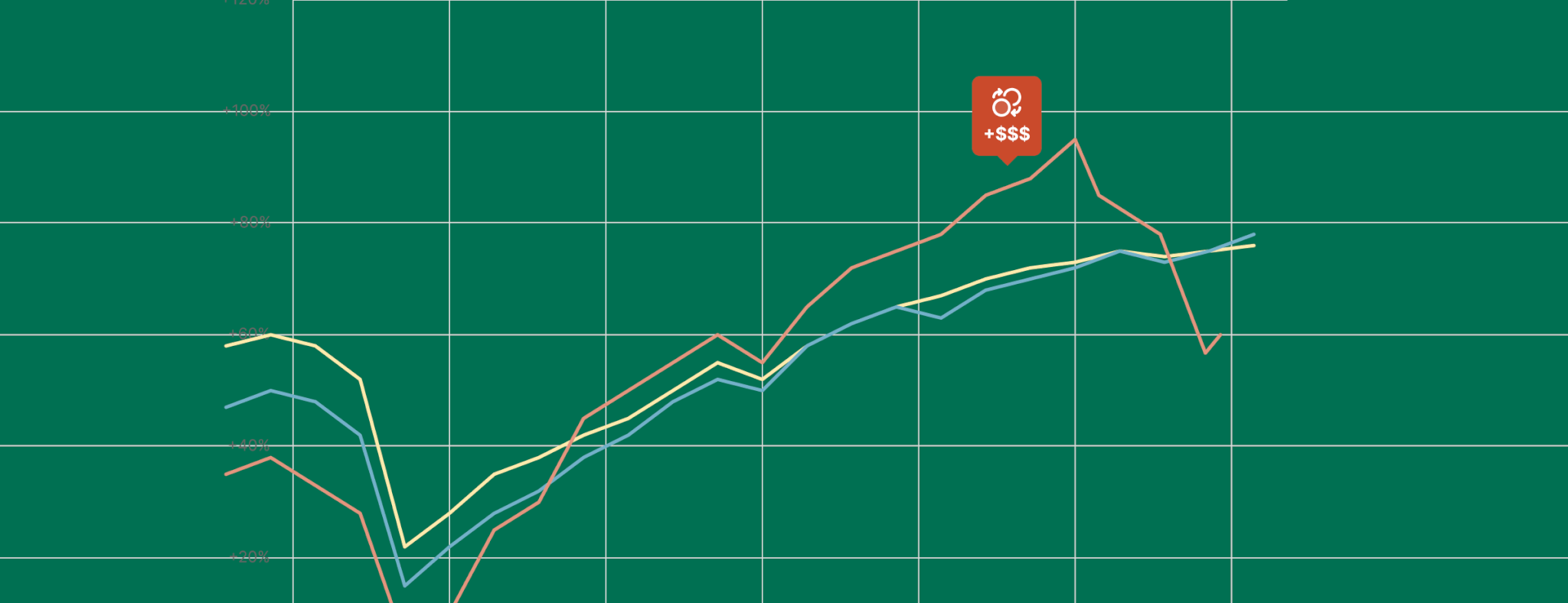Hi there,
Here’s something it took many sessions of executive coaching for me to see clearly (side note: I strongly recommend executive coaching): Binary thinking is a trap that keeps you from making good decisions.
Binary thinking is the kind of thinking that leads you to believe you have two options. It’s generally bad because it’s generally inaccurate. Often, there’s a spectrum of possibilities, and if you instead narrow in on two extremes, your decision-making framework is inaccurate.
IT TAKES TWO TO MAKE A THING GO… WRONG?
Binary thinking IRL
Binary thinking (like the trendy Allbirds shoes a few years ago) is everywhere once you know what to look for. Here are a few examples of lurking everyday situations:
- Either I get this job and be successful, or I won’t and be a total failure.
- If I don’t close this deal, everything is going to crumble.
- If this investor rejects me, my company will die.
- We’re either going to get married or break up. (I toss that in because I feel like that was a shockingly common phrase in my 20s.)
The contrarians in the crowd might be reading this and thinking, “well sometimes the situation is binary.” That’s true, but rare. Not to get philosophical, but much of life, especially professionally, is more a repeat game than, say, Netflix’s hit show Squid Game, where you make one wrong move and die.
So yes, if you think your situation is actually binary, then using Jeff Bezos’s one-way versus revolving door framework, you ought to think about your decision carefully since it’s irreversible.
But I’m tackling the majority of situations we face, where binary thinking inhibits our ability to use a good decision-making framework
For example… starting a company
My Ethena co-founder and I first got together in 2019. We were introduced through a mutual founder friend and met up a few times to see if we liked each other enough to tie our futures together.

From early on, it was clear that we had different perspectives on professional risk. I have a very high professional risk tolerance because, for better or worse, I don’t overthink decisions. But my co-founder has exactly the profile that I should be partnered with. She’s incredibly thoughtful and only comes to a decision after careful consideration.
So after about a year in business, I asked her how she got comfortable with the admittedly risky decision to co-found a startup with someone she barely knew. In characteristic thoughtfulness, Anne said, “It was scary when I was framing the outcome as binary (yes, this is how she talks). But once I realized that the outcomes aren’t just that we crush it or fail; there are a lot of outcomes on a spectrum and I’ll personally be learning and growing in all of them. So framed that way, starting Ethena didn’t feel like that big of a leap.”
Framing the decision as existing on a spectrum, versus binary, helped her make a decision she (hopefully!) doesn’t regret.
What to do once you see it
I imagine you’re already thinking of the faux binary decisions you’re facing. But what to do with them?
Here’s where executive coaching came in handy. Amy Jin, Anne and my executive coach, taught us a pretty simple framework:
- Look for examples of seemingly binary decisions you’re facing. If you’re saying a lot of, “it’s either this or that,” you’re likely there.
- Call out the trap you’re likely falling into and ask yourself if there are actually more options than just the two you’ve presented.
Like most things, it’s hard to notice when you’re in a trap, so I recommend talking about this with your colleagues. If you have a shared vocabulary, then when one of you has fallen into the binary trap, another can notice and help you out of it.
Friends don’t let friends binary think (not my strongest ending, but hey, it’s not the end of the world, there are many possible outcomes).
Until next time,
Roxanne Petraeus
CEO & Co-founder, Ethena
